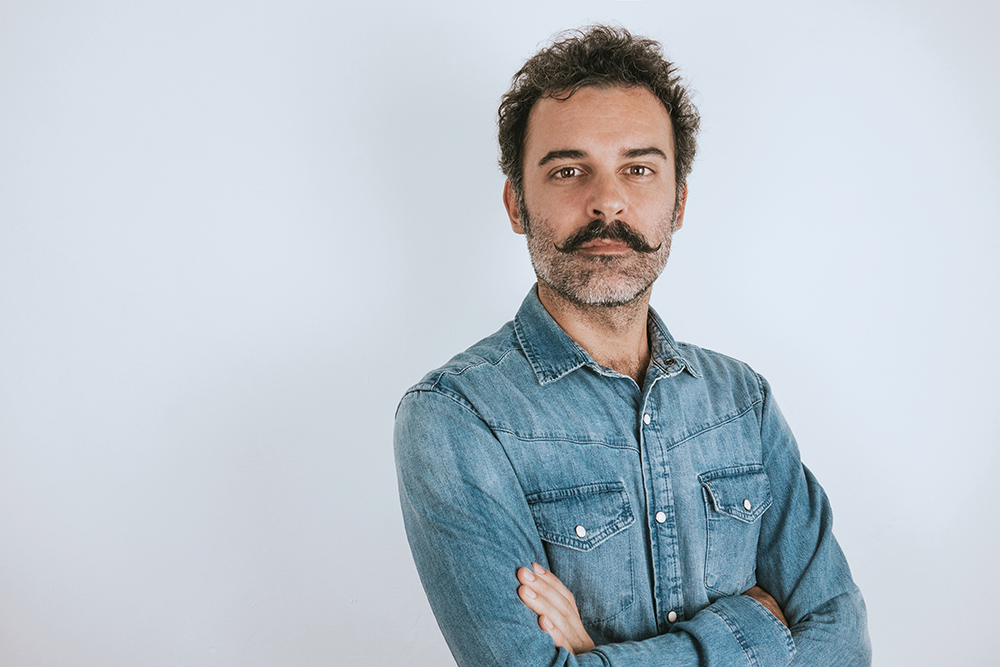Nasal Breathing and cold weather

Have you noticed it harder to breath in the cold? Or exercise can be more challenging?
Although the air is more dense and is more oxygen rich the cold air constricts the bronchial tubes. Our body and muscles need more oxygen in colder weather so this then results in heavier less efficient breathing. This process helps warm the air for our lungs.
Nasal breathing should be practiced in all seasons but especially for the winter months and especially for asthma suffers as their systems will flare up in the winter.
Nasal breathing will do the following:
- It helps warm the air ready for your lungs to exchange the oxygen into the blood stream
- It filters any nasties and also sterilises the air keeping you free from germs.
- It takes in smaller amounts of air, that’s right less is more when it comes to nasal breathing. You on average will take in 20% more oxygen through your nose. (More in my case) It also regulates your Carbon Dioxide tolerance teaching you to perform better with the right amount of oxygen.
How to nasal breathe?
Close your mouth when resting, or exercising.
The key is to ease back when you feel the urge to open your mouth or feel a strong air hunger. Slow down, walk until you are breathing under control. Then build back up
Slow, deep diaphragm breathes is what you want to achieve.
Your performance will improve after 3-4 weeks. Just be patient.
If you want to know more get in touch.


